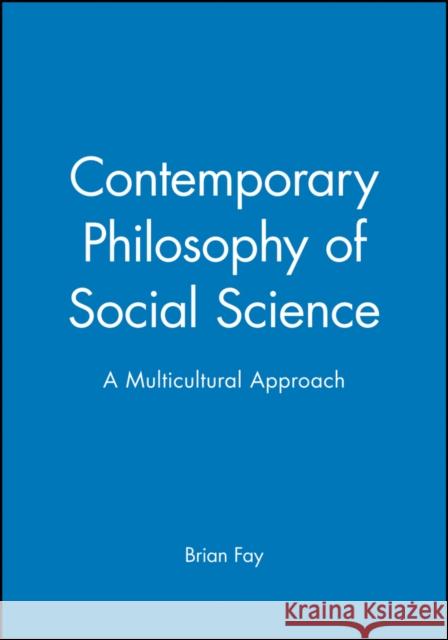Contemporary Philosophy Social » książka
topmenu
Contemporary Philosophy Social
ISBN-13: 9781557865380 / Angielski / Miękka / 1996 / 278 str.
This volume provides a lucid and distinct introduction to multiculturalism and the philosophy of social science.
- Distinct, engaging and timely 'multicultural' approach
- Clear, non-technical overview of the nature of social inquiry
- First volume of outstanding new -Contemporary Philosophy- series











